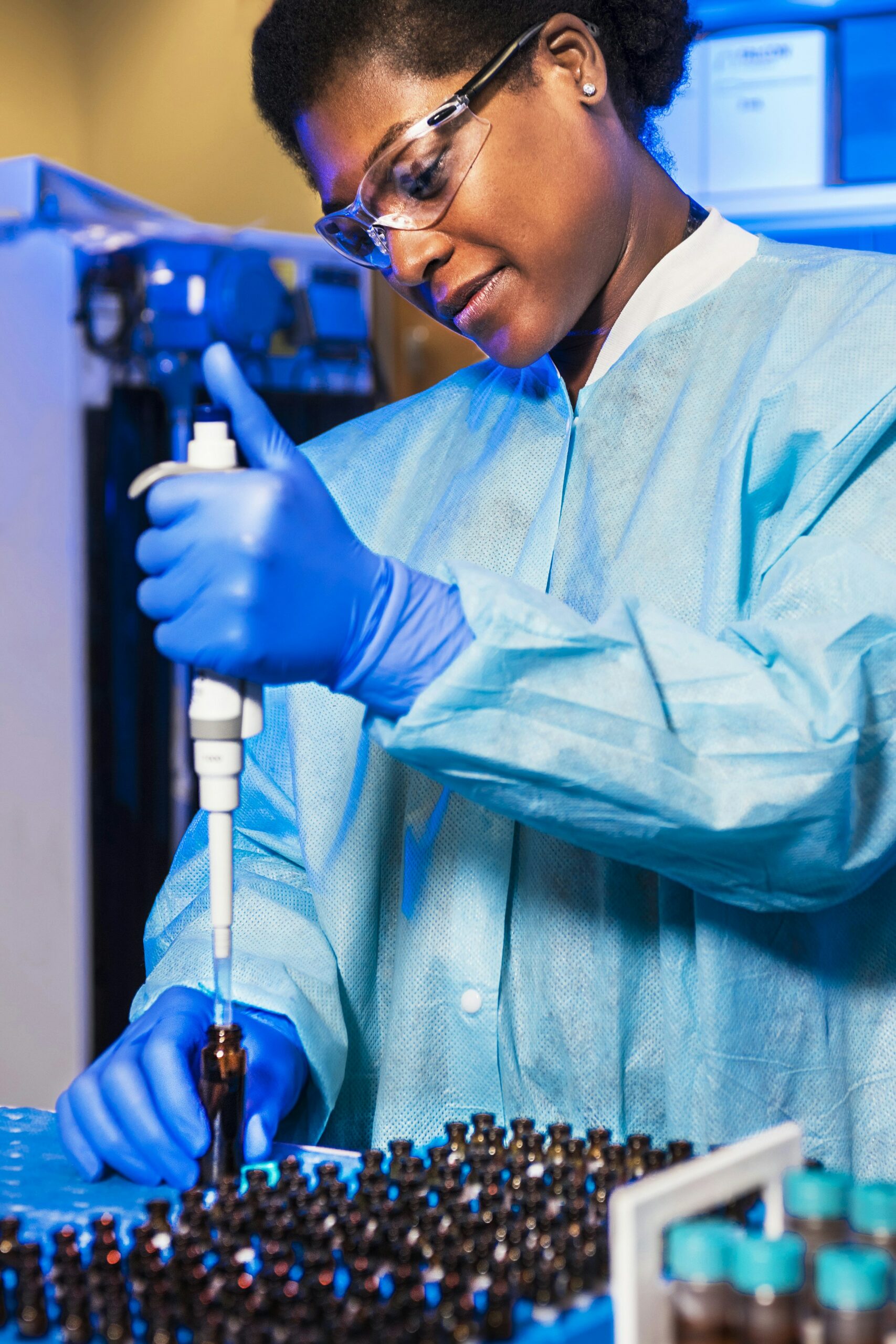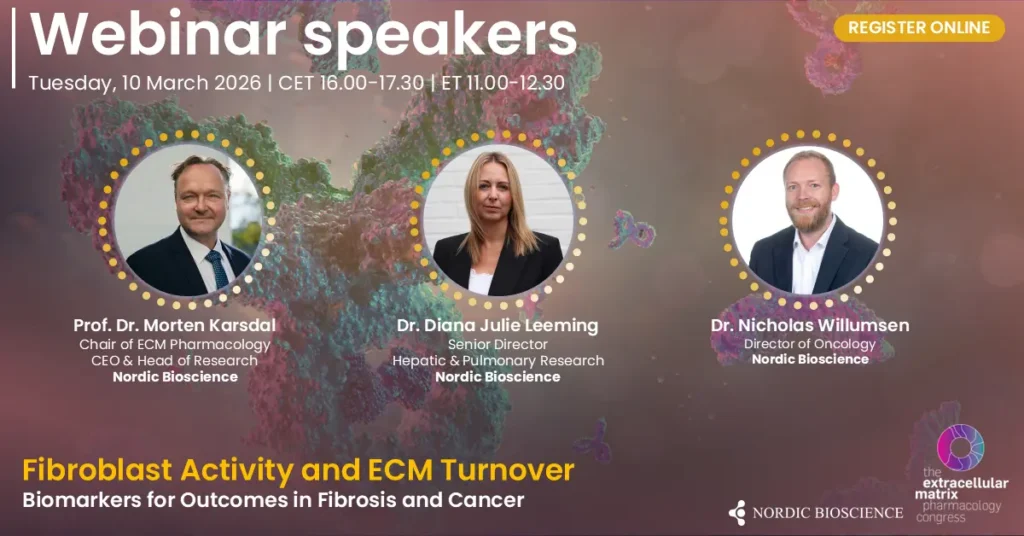ACR70 Response and Its Dependence on Deep Tissue Efficacy
June 11, 2025
Introduction
Over the past decade, drugs developed for rheumatoid arthritis (RA) have been approved based on an ACR20 response rate of 60%. There is an increasing need for new RA drugs to achieve an ACR100 response in a significant portion of patients. Achieving ACR100 can profoundly improve patients’ quality of life by reducing pain, enhancing physical function, and decreasing fatigue.
The key question remains: which patients are likely to achieve ACR100?
An important aspect of RA pathogenesis involves the destruction and remodeling of bone, cartilage, and synovial tissue. Serum biomarkers that measure collagen and other extracellular matrix fragments can be used to assess disease activity at the tissue level. Examples include C1M (type I collagen destruction), C4M (type IV collagen destruction), and Osteocalcin (bone formation) [1].
The aim of this study was to examine the demographic, clinical, and serum markers of tissue remodeling as predictors linked to ACR20, ACR50 and ACR70 responses to tocilizumab.
Poster
Conclusion
While predictors of moderate response (ACR20) included clinical, demographic, and biomarker factors, predictors of significant response (ACR70) were exclusively biomarkers of extracellular matrix fragmentation. To achieve remission (ACR70 or ACR100) may require therapeutic interventions that specifically target and address tissue remodeling processes.




